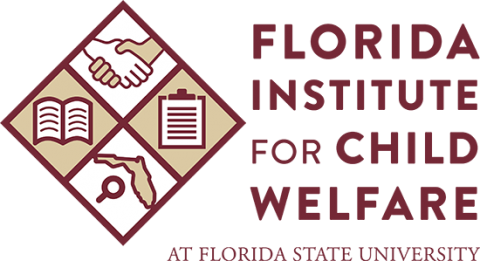Workload and Work-Life Balance Challenge Florida’s Children Services Workforce

Department of Children and Families (DCF) Secretary Mike Carroll and others testified before the Florida House’ Children, Families and Seniors Subcommittee to report on progress in recruiting, training, and retaining more highly-skilled child protective investigators, which go out into the field to investigate cases ranging from child neglect and abuse to human trafficking. Carroll told lawmakers October 25th that the department is still struggling with the turnover of child protective investigators. He indicated that a recently completed internal study of the workforce found that nearly one-third of DCF’s 1,064 investigators have been on the job six months or less, and 75 percent on the job two years or less.
Carroll also indicated improvements since several large holes were found in the child welfare system in Florida in 2013, many with tragic consequences, followed by sweeping changes by the Florida Legislature in 2014 to address these problems. One change mandated by the Florida Legislature was the establishment of the Florida Institute for Child Welfare (Institute), which works with statewide partners like DCF and other Florida universities to assess child welfare services and pursue research that leads to better child safety, permanency, and well-being for children and families, including training, program and policy recommendations with these outcomes in mind.
Carroll’s assessments have been backed up by the Institute’s Director Dr. Jessica Pryce and Dr. Dina Wilke, who recently presented preliminary findings from an ongoing study of the child welfare workforce.
![]() The Institute’s most significant research project on workforce recruitment and retention is called The Florida Study of Professionals for Safe Families (FSPSF). This study seeks to identify and address the retention issues in Florida’s child welfare system. The five-year study, led by Florida State University Associate Professor Dr. Dina Wilke from the College of Social Work, was established in 2015 and is in its third year of operation.
The Institute’s most significant research project on workforce recruitment and retention is called The Florida Study of Professionals for Safe Families (FSPSF). This study seeks to identify and address the retention issues in Florida’s child welfare system. The five-year study, led by Florida State University Associate Professor Dr. Dina Wilke from the College of Social Work, was established in 2015 and is in its third year of operation.
“Based on these findings there is a need for the development of a comprehensive workforce recruitment and selection process,” Dr. Pryce, director of the Florida Institute for Child Welfare said. This would include trainee partnerships between universities and child welfare agencies where students complete specialized coursework and training for child welfare practice, realistic job previews such as videos that show actual caseworkers discussing their jobs honestly, and the use of competency-based interviewing strategies that identify competencies, but also qualities and characteristics of applicants.”
The FSPSF also identified several predictors for early staff turnover, particularly caseload size in the first week of out of training and consistency between classroom-based training and agency practice. Higher caseload size and poor consistency between training and practice both predicted turnover within the first six months of employment.
A competent, professional, and sustainable workforce is crucial for achieving positive outcomes for Florida’s families, Dr. Pryce confirmed. The Institute will continue to support the FSPSF and use the findings to provide recommendations for improvement to DCF and policy implications to the Florida Legislature.
To learn more about the FSPSF and other FICW resources, visit http://ficw.fsu.edu.
